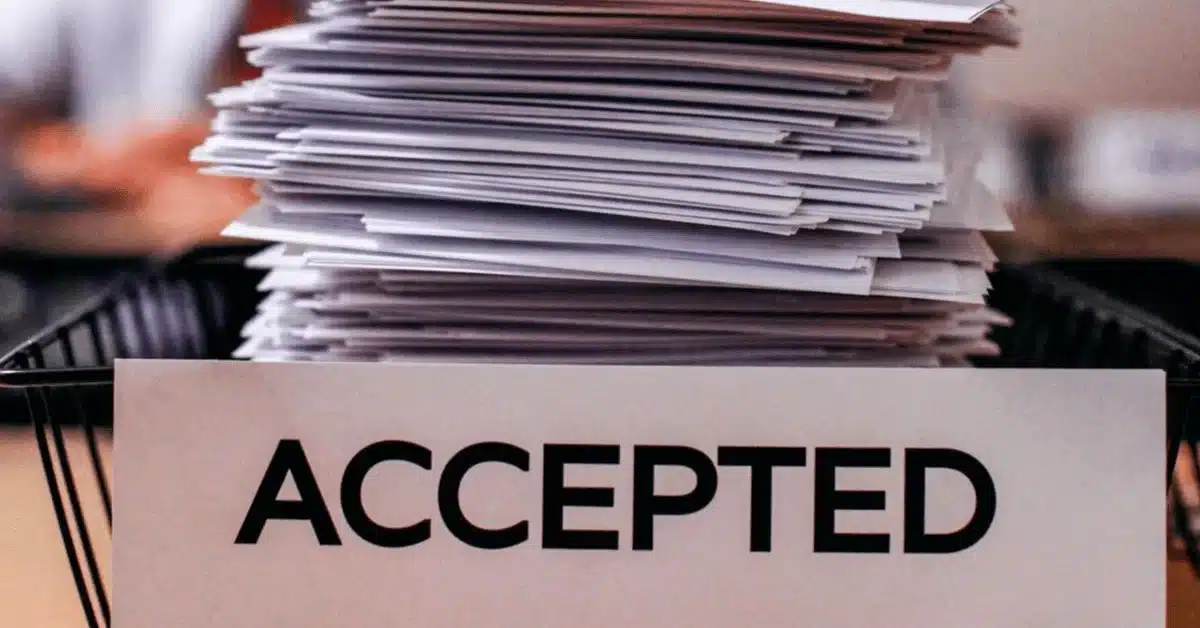Being nominated as an executor of a will is a significant responsibility. While it’s an honour to be entrusted with such a role, it’s not uncommon to feel overwhelmed by the complexities involved.
If you find yourself in this position, you may be relieved that you can decline the appointment by renouncing probate.
This article will explore what this process entails, the circumstances where it might be appropriate to consider it, and the steps involved.
What does renunciation of probate mean?
Renunciation of probate means formally declining your appointment as an executor of a will. It involves relinquishing your right to apply for a grant of probate, which is the legal authority to administer the deceased person’s estate. This is done by filing a “Renunciation of Probate” form with the Supreme Court of Queensland or the equivalent court in your state or territory.
Who can renounce probate?
Anyone named as an executor in a will can renounce probate. This includes:
- Original executors: Those specifically named in the will.
- Substitute executors: Those named as backups in case the original executor is unable or unwilling to act.
- Minors: If a minor is named as an executor, they cannot renounce probate until they turn 18. In such cases, a legal guardian may renounce on their behalf.
It’s important to note that if there is only one executor named in the will and they renounce probate, someone else will need to step in to administer the estate. This could be another beneficiary, a creditor, or the Public Trustee.
Also read: When is Probate Required, and How Can it be Avoided?
How do I renounce probate in Qld?
Renouncing probate in Queensland involves a few key steps:
- Obtain the Renunciation Form: Download Form 114 (Renunciation of Probate) or Form 115 (Renunciation of Administration with the Will) from the Queensland Courts website.
- Complete the Form: Fill in the form accurately, providing your details and stating your intention to renounce probate. Ensure you sign the form in front of a witness, such as a Justice of the Peace.
- File the Form: Submit the completed and signed form to the Supreme Court of Queensland’s Registry. There may be a filing fee associated with this process.
- Notify Relevant Parties: Inform the other executors (if any), beneficiaries, and creditors of the estate that you have renounced probate.
It is recommended to seek legal advice from an expert probate lawyer before renouncing probate to fully understand the implications and ensure you follow the correct procedure. A solicitor can guide you through the process, help you draft the renunciation form, and ensure all legal requirements are met.
Need a Lawyer?
When can I renounce probate?
You can generally renounce probate at any time before the Grant of Probate is issued by the Supreme Court. This means you can renounce even after applying for probate as long as the court hasn’t formally granted you the authority to administer the estate.
However, there are some exceptions:
- Acting as Executor: If you have already started acting as an executor, such as collecting assets or paying debts, you may not be able to renounce probate. This is because your actions could be seen as accepting the role of executor.
- Benefiting from the Will: If you are a beneficiary of the will and have received any benefits under it, you may not be able to renounce probate. This is because renouncing could be seen as trying to avoid your responsibilities as an executor.
Can I change my mind after renouncing probate?
Once you have formally renounced probate by filing the Renunciation form with the Supreme Court, it’s generally considered final and irrevocable. This means you cannot simply change your mind and decide to take on the role of executor again.
However, there are a few limited exceptions where you might be able to retract your renunciation:
- Error or Misunderstanding: If you can prove that you renounced probate due to a significant error or misunderstanding, the Court may allow you to withdraw your renunciation. This is a complex process and requires strong evidence to support your claim.
- All Parties Agree: In rare cases, if all the beneficiaries and creditors of the estate agree, the Court may permit you to retract your renunciation. This is highly unlikely, as it requires the unanimous consent of all parties involved.
It’s essential to remember that retracting a renunciation of probate is not a simple process and is rarely successful. Therefore, it’s crucial to carefully consider your decision before renouncing, as it may be difficult to reverse.
What are the consequences of renouncing probate?
Renouncing probate in Queensland has several consequences, both for you and the deceased’s estate:
For you (the executor who renounces):
- Release of Responsibility: You are no longer legally responsible for administering the estate. This means you’re relieved of the duties associated with being an executor, such as collecting assets, paying debts, and distributing inheritances.
- No Right to Act: You cannot change your mind and decide to act as executor later on, unless under very specific circumstances allowed by the Court.
- Potential Conflict of Interest: If you are also a beneficiary of the Will, renouncing probate might be seen as a conflict of interest, especially if your renunciation affects the distribution of assets to other beneficiaries.
For the deceased’s estate:
- Delay in Administration: Renouncing probate can cause delays in the administration of the estate, as someone else needs to be appointed to take over your role. This can prolong the process of distributing assets to the beneficiaries.
- Additional Costs: If another executor is not readily available, the estate may incur additional costs to appoint someone else, such as a solicitor or the Public Trustee, to administer the estate.
- Potential Disputes: Renouncing probate, particularly if you’re a beneficiary, could lead to disputes among the beneficiaries or other parties involved in the estate.
Also read: Cost of Probate in QLD
Renouncing probate at Walker Pender
Our client approached Walker Pender seeking assistance with renouncing probate. He had been named executor in his late brother’s Will but felt overwhelmed by the responsibility of making decisions on behalf of the beneficiaries. He wished to pass this responsibility to his parents, who were still alive and well.
We guided our client through the process of renouncing probate, explaining the legal implications and ensuring he understood the consequences of his decision. We prepared the necessary Renunciation of Probate form and filed it with the Supreme Court of Queensland.
Thanks to our expertise and our client’s clear intentions, the renunciation was approved without any complications. This allowed his parents to assume the role of executors, aligning with his brother’s wishes and ensuring a smooth administration of the estate.
This case demonstrates that renouncing probate can be a viable option for those who find themselves unable or unwilling to fulfill the role of executor. With the right legal guidance, the process can be straightforward and efficient.
Unsure about your role as executor? We can help.
Probate matters can be overwhelming, especially when deciding whether or not to renounce your role as executor. At Walker Pender, our experienced team understands probate law and can provide the expert guidance you need. We offer personalised support throughout the process, ensuring a smooth and stress-free experience.
If you’re contemplating renunciation of probate, don’t hesitate to contact Walker Pender today for a confidential consultation. Let us help you make informed decisions and find the best path forward for your unique situation.




